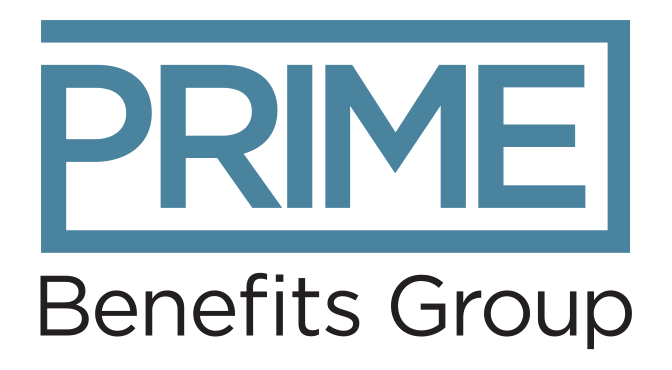- Have a question?
- 613-89-Prime (77463)
- 1-866-950-3667
- info@primebenefitsgroup.com
Gen Z: Attracting the Next Generation of Employees


Group of Gen Z employees collaborating
The experience of the past three years has reshaped our priorities and perceptions when it comes to work. Surveys show we’re more likely to put family and personal life over work than we were before the pandemic, and today’s youngest workers are willing to walk away from a job if it comes with poor work-life balance.
Generation Z’s different values and skills can bring a fresh perspective to the workplace. Savvy at everything digital, this generation is adept at using technology, values work-life balance and feels strongly about social responsibility. As the post-pandemic world evolves, Gen Z will play an essential role in shaping the future of work. More employers are recognizing the potential value of this generation’s contributions to the workplace and are taking steps to attract and retain young talent.
What is Gen Z?
Born between the mid-1990s to the early 2010s, Gen Z was raised in a world where technology has always been present — they have little or no memory of a world before smartphones.
Members of Gen Z are more ethnically and racially diverse then previous generations, and are on the path to become the most well-educated. Gen Z also grew up in a time of uncertainty and change, with the COVID-19 pandemic significantly impacting their education and entry into the workforce.
Employees of the Future
Gen Z currently makes up a small portion of the workforce. However, as the oldest members of the generation enter their 20s, their presence is expected to grow. As more baby boomers and Gen Xers retire, it’s estimated Gen Z will make up a third of the global workforce by the end of this year.
Many Gen Z’s were just starting their careers when the pandemic began, forcing them to face job losses, reduced hours, and the pivot to remote work. This created more competition for remote work opportunities, communication challenges, and fewer opportunities for networking and mentorship.
The pandemic also brought on the need for new skills and flexibility at work, with employees having to adapt to new technologies and develop strengths in areas like remote collaboration and problem solving.
What Young Talent Want
For Gen Z’s, work isn’t just a way to make money. It’s an opportunity to learn and grow. Since this generation grew up in a world of technology and connectivity, they expect to be able to work from anywhere at any time, and are comfortable using digital tools to communicate and collaborate.
Here are some benefits that could help attract and retain young talent in your workplace:
- Flexibility. Gen Z values work-life balance. Flexible work hours may include the option to work remotely or a four-day or compressed workweek.
- Health and Wellness. Gen Z wants to maintain their physical and mental health, and may place a high value on benefits such as health insurance, wellness programs, and gym memberships.
- Diversity and inclusion. Gen Z is diverse and inclusive and wants to work for companies that prioritize the same values. This may include policies around diversity, equity, and inclusion, as well as employee resource groups.
- Financial Wellness. Many Gen Z employees may be paying off student loan debt and would appreciate tuition assistance or loan repayment programs.
- Professional Development. Gen Z wants opportunities to learn and develop professionally careers through training and mentorship.
Closing the Generation Gap
Different generations have different values, preferences, and work styles. Employers who take the time to understand and cater to Gen Z’s preferences and needs are likely to benefit from increased engagement, productivity, and loyalty. Please contact us to learn more about how your workplace benefits plans or offerings can help attract and retain young talent.
Additional Resources
Great Expectations: Making Hybrid Work Work
On the Cusp of Adulthood and Facing an Uncertain Future: What We Know About Gen Z So Far
Suggested Reading
How Generation-Z Can Help Organizations Grow Significantly (forbes.com)
Hiring Managers Are Reckoning With Gen Z’s Push for Work-Life Balance (businessinsider.com)
Ways HR is thinking about attracting and retaining Gen Z talent (cnbc.com)